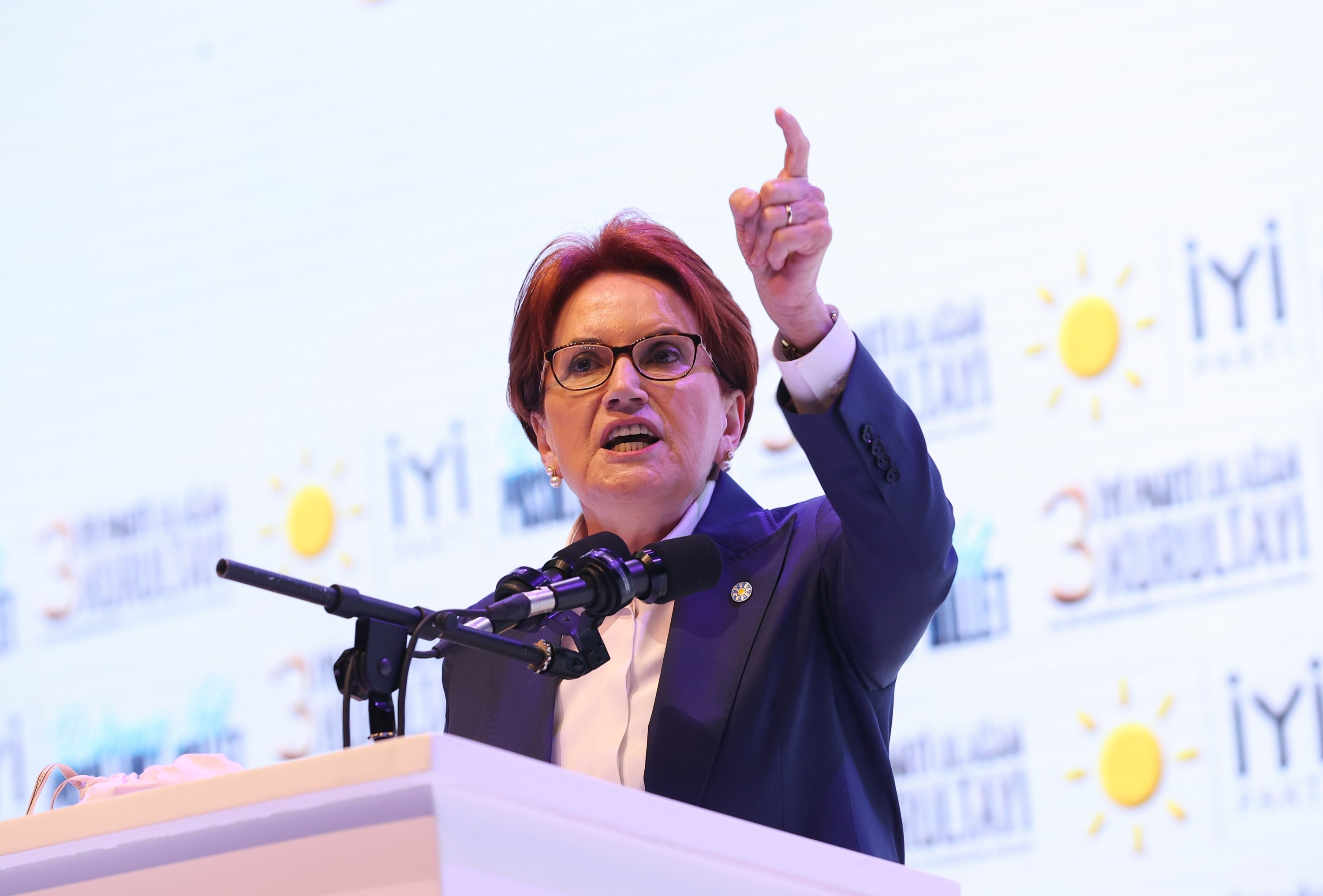Türkiye’s opposition parties continue to reflect on last month’s elections. The pro-opposition Nation Alliance has temporarily disbanded as its members remain preoccupied with their internal debates.
The Republican People’s Party (CHP) witnesses a tug of war between advocates of replacing its chairperson and transforming its ideology. Although proponents of “revolution” within the party have been more vocal than others, the movement remains incapable of going beyond chairperson Kemal Kılıçdaroğlu’s politics of “making amends,” “embracing the right-wingers” and “forming
a coalition with right-wing conservative parties.”
Each of the options on the CHP’s table – keeping Kılıçdaroğlu in charge until next year’s municipal elections, Istanbul Mayor Ekrem Imamoğlu replacing Kılıçdaroğlu right away, and Kılıçdaroğlu serving as chairperson in lieu of Imamoğlu until
the municipal elections – has upsides and disadvantages.
At the end of the day, the main opposition party might further alienate its already disappointed supporters to lose the mayoral races in Istanbul and Ankara.
Meanwhile, the Nation Alliance’s second largest party, the Good Party (IP), found an opportunity to set its political agenda before the rest because it won’t experience
a leadership crisis.
IP chair's 'biggest regret'
At the IP’s third ordinary congress in June, many observers deemed Chairperson Meral Akşener’s address more “infuriated” than expected. Describing her decision to ask the CHP for 15 parliamentary seats as “the biggest regret” of her life, she expressed her frustration over the ostensible impossibility of repaying her debt. She also said that it was hurtful for some people to credit the pro-PKK Peoples’ Democratic Party (HDP) for the opposition bloc’s victory in the Istanbul mayoral race. Likewise, to anyone blaming the opposition’s defeat on the IP, Akşener simply wished luck in their future endeavors.
Still, the IP chair primarily targeted various members of that movement who had been pointing fingers and demanding to rise through the ranks.
By contrast, Akşener’s critique of the main opposition party was far milder than what she said upon leaving the "table for six." She could have rubbed her superior understanding of politics in the faces of Kılıçdaroğlu and other opposition leaders. She also could have asked them whether they have grasped the meaning of an “electable” candidate. Akşener hasn’t walked down that path – at least for now.
The IP chairperson engaged in limited criticism so that she wouldn’t shut the door on a new alliance with the CHP ahead of next year’s municipal elections. She consolidated her power over that party, established that she would crack down on any intraparty opposition, and stopped the CHP circles from criticizing her.
Hardly anyone has forgotten how Akşener opposed Kılıçdaroğlu’s nomination and meddled in the CHP’s affairs by bringing up Imamoğlu and Ankara Mayor Mansur Yavaş repeatedly.
In terms of appealing to secularist voters, Akşener has to manage her party’s relations with the CHP very carefully. I must add that her comments on the parliamentary and presidential elections were too weak to present a viable alternative to the electorate. In other words, Akşener hasn’t developed a vision for transforming the Good Party into Türkiye’s main right-wing party. She made available some options to herself but she continues to distance herself from the People’s Alliance.
Whether Meral Akşener will seek to create an alternative to the People’s Alliance and the Nation Alliance or simply wants to strengthen her hand before the Nation Alliance updates itself remains to be seen. In truth, the entire opposition suffers from this non-politics syndrome.
No way out of crisis
Neither the CHP, HDP and IP, nor the right-wing fringe parties seem to find a way out of their
ongoing crisis. That crisis stemmed from a lack of synergy and common political vision ahead of the May 2023 elections. Everything that happened within the opposition since then signals that the ongoing crisis threatens to further undermine, as opposed to saving, the opposition. Specifically, the Democracy and Progress Party (DEVA) and other right-wing parties have responded to political outrage with the argument that they contributed to the alliance and received benefits in exchange. That impedes a swift recovery for the opposition.
The problem of “Türkiye without an opposition” remains the outcome of opposition parties failing to reflect on the May 2023 elections and to develop a new kind of politics.
[Daily Sabah, June 30 2023]








